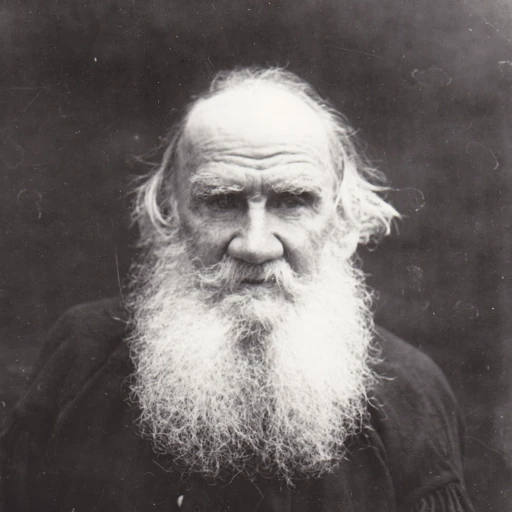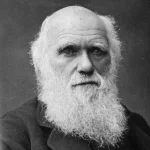“A man can live and be healthy without killing animals for food; therefore, if he eats meat, he participates in taking animal life merely for the sake of his appetite.”

- September 9, 1828 – November 20, 1910
- Born in Russia
- Writer, philosopher
- Wrote masterpieces such as “War and Peace,” “Anna Karenina,” and “Ivan the Fool,” and had a major impact not only on literature but also on politics and society.
table of contents
Quote
“A man can live and be healthy without killing animals for food; therefore, if he eats meat, he participates in taking animal life merely for the sake of his appetite.”
Explanation
In this quote, Leo Tolstoy argues that humans have the ability to live and thrive without resorting to killing animals for food, and that choosing to eat meat is an act of participation in unnecessary violence. Tolstoy points out that ethical living should be based on a sense of compassion and nonviolence, and he criticizes those who consume meat not out of necessity, but out of desire or habit. For Tolstoy, the act of eating meat is a conscious choice to take animal life for reasons of pleasure, when it is not needed for survival or health. This perspective reflects his broader moral philosophy, which emphasized humility, simplicity, and a rejection of practices that cause unnecessary harm to other living beings.
This message is particularly resonant today, especially as debates around ethics in food choices and animal rights continue to grow. Vegetarianism and veganism are increasingly seen as ethical alternatives to eating meat, as more people recognize the ability to live healthily without animal products. Tolstoy’s argument challenges individuals to consider the moral implications of their food choices and to question whether pleasure or convenience should justify causing harm to animals. In a world where factory farming and animal cruelty are prevalent, this quote encourages a deeper reflection on how compassion for animals can guide ethical living.
Tolstoy himself made a personal commitment to vegetarianism later in life, influenced by his spiritual beliefs and growing conviction that nonviolence should extend to all living beings. His views on animal rights were part of his broader philosophical rejection of violence and exploitation, whether in the form of war, oppression, or the treatment of animals. This quote reflects Tolstoy’s belief that a truly moral life requires a deep commitment to compassion and non-harm, where we refrain from causing unnecessary suffering, including that inflicted on animals.




